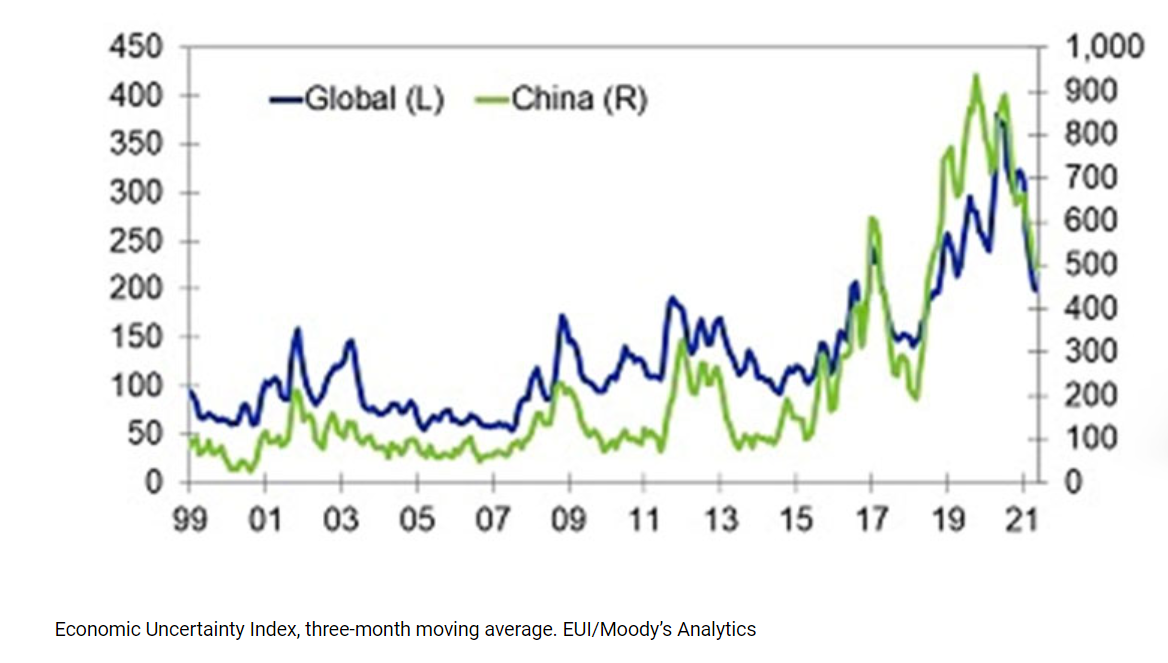Economic uncertainty on the increase in Asia as ‘pandemic fatigue’ sets in
Governments and central banks in Asia may be losing their appetite for the fiscal and monetary policies needed to stimulate their ailing economies as “pandemic fatigue” sets in.
The region’s leaders “adapted admirably to the pandemic” in early 2020 according to Moody’s Analytics Senior APAC Economist Katrina Ell and Associate Economist Dave Chia.
With the Delta variant of Covid-19 spreading throughout the region, infection rates rose last month in many countries and continue to rise in the Philippines, where there were 20,516 infections on Saturday. Cambodia’s cases are coming down, with daily infections nearly halved from the peak on July 5, thanks to the high vaccination rate and curfews in the Kingdom’s major cities last month.
Movement controls are still stopping people leaving home in many Asian nations and many non-essential business have cut hours or closed altogether. Google Trends shows that fewer people visited Southeast-Asian shops and recreational venues last month than before the pandemic hit.
“Despite this, policymakers don’t have the same appetite and/or ability to cushion economies as they did at the start of the pandemic,” Moody’s said.
“Other concerns are coming to the forefront. For instance, the Bank of Korea hiked the policy rate mid-August, the first major central bank in Asia-Pacific to do so, despite infections remaining elevated and lockdowns being extended in Greater Seoul.”
Other central banks are poised to tighten monetary policy later this year or in early 2022, according to Moody’s
“In New Zealand’s case, the heated housing market, fuelled by very low borrowing costs, is a growing concern. In Indonesia, rupiah stability is a policy priority and will likely come under rising pressure as interest rate normalisation looms in the US,” said Ell and Chia.
They say it is difficult to quantify the uncertainty and its economic impact. However, looking at the Economic Policy Uncertainty Index (see chart), it is clear that economic policy uncertainty remains enormously elevated relative to past levels.
Speaking with Khmer Times earlier this month Ell had some words of comfort for Cambodia.
“A critical ingredient to an economy wanting to thrive in a Covid world is vaccination. Cambodia is on the right path, with almost 70 percent of its adult population being fully vaccinated. The true efficacy of vaccines will be put to test in the short- to medium-term as economies progressively remove movement controls as their vaccination rates rise,” she said.
More than 8.4 million Cambodians have been vaccinated twice and over 9.6 million of the 16 million plus population have received one jab.
Source: https://www.khmertimeskh.com/50931085/economic-uncertainty-on-the-increase-in-asia-as-pandemic-fatigue-sets-in/


 Thailand
Thailand




